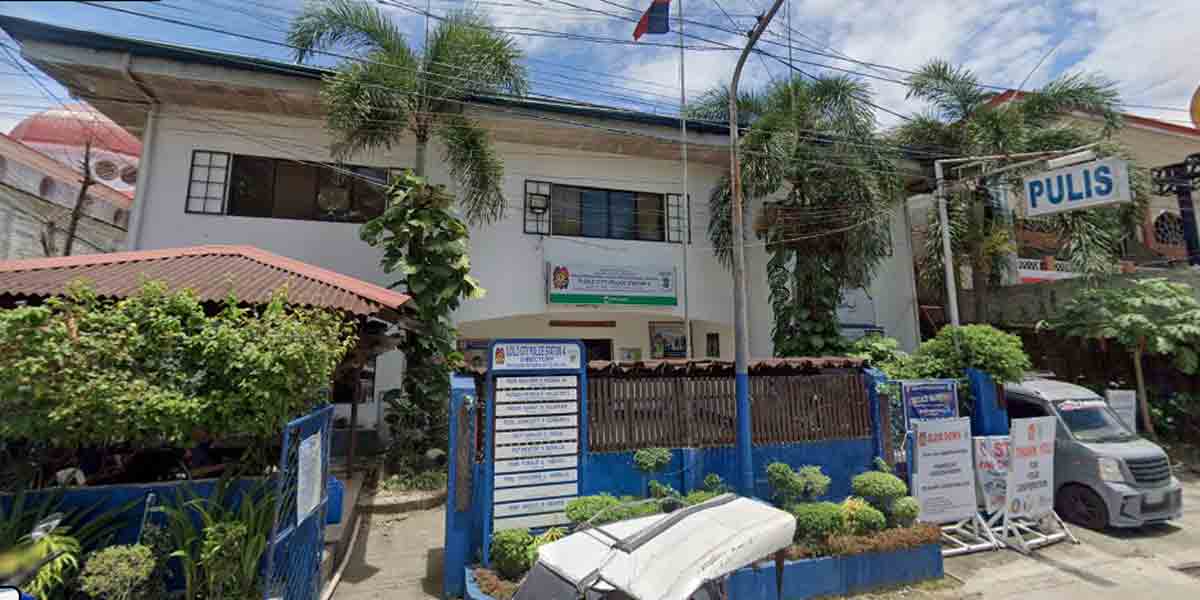The recent “unity caravan” along Benigno Aquino Avenue placed the spotlight on the growing division within transport groups over the Public Transport Modernization Program (PUVMP).
On one side, modernized jeepney operators, represented by the Western Visayas Alliance of Transport Cooperatives and Corporations, Inc. (WVATCCI), strongly advocated for the continuation of the modernization efforts.
On the other, concerns have been raised regarding the potential suspension of the program, leading to a significant rift in the sector.
The modernized jeepney operators have heavily invested in the PUVMP, with WVATCCI members pouring in P1.7 billion to modernize their fleets. This investment is not just monetary but also deeply tied to the livelihoods of thousands.
The program has the potential to generate significant employment, offering jobs to 3,405 individuals and feeding over 20,000 people through its monthly payroll.
For these operators, the suspension of the PUVMP is more than a setback; it is a threat to their economic stability and the broader economic progress of Iloilo City.
However, this push for modernization has not been without its challenges. Many traditional jeepney operators feel left behind, struggling to meet the financial demands and compliance requirements of the PUVMP.
Some transport cooperatives are also accused of defrauding their members or misappropriating their funds intended for vehicle modernization.
The division within the transport sector is a reflection of a larger issue: the need for a more inclusive approach to modernization that addresses the concerns of all stakeholders.
To resolve this division, a collaborative approach is essential. There are some potential solutions that could bridge the gap between modernized and traditional transport groups:
- Phased Implementation: Instead of an abrupt transition, a phased implementation of the PUVMP could allow traditional operators more time to comply with modernization requirements. This approach would reduce the financial strain and provide a more manageable timeline for all stakeholders.
- Subsidies and Financial Assistance: The government could offer subsidies or low-interest loans to traditional operators to help them upgrade their vehicles. Financial assistance would alleviate the economic burden and encourage a smoother transition to modernized fleets.
- Inclusive Policy Development: Involving both modernized and traditional transport groups in policy development discussions can ensure that the concerns of all parties are heard and addressed. A more inclusive approach would foster cooperation and shared goals.
- Public Awareness Campaigns: Educating the public on the benefits of the PUVMP, such as improved safety and environmental sustainability, can garner broader support for the program. Public backing is crucial for the successful implementation of modernization efforts.
- Local Government Support: Local governments can play a pivotal role in facilitating the transition by offering logistical and administrative support to transport cooperatives. This could include streamlining permit processes and providing technical assistance.
The transport sector’s modernization is a crucial step towards progress and economic development for Iloilo City.
However, it must be pursued with a mindset that values inclusivity and fairness.
By adopting a collaborative approach and implementing supportive measures, the government can ensure that the benefits of modernization are shared by all, creating a more unified and resilient transport sector.




















